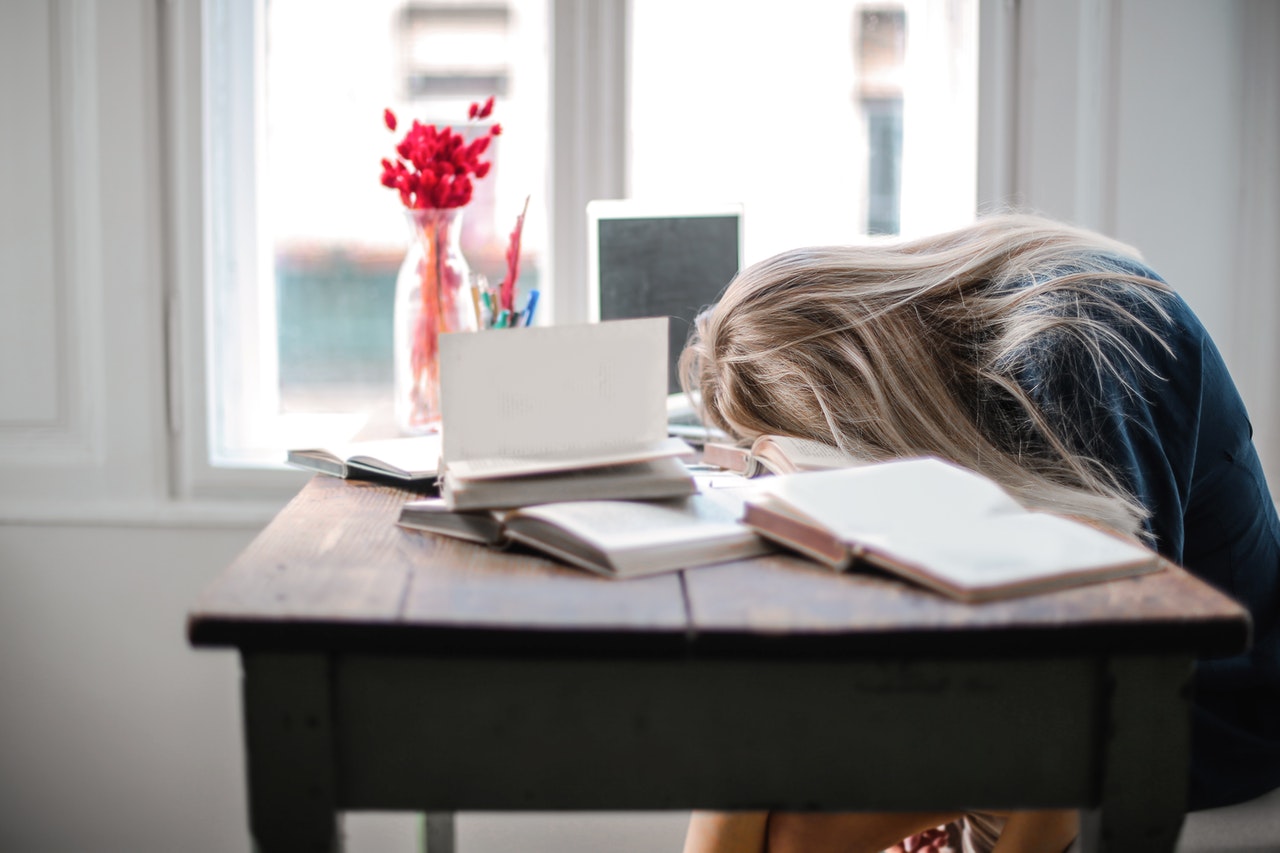Feeling tired during the working day is a common complaint. We are leading busier lives, with more distractions and less sleep, it’s no wonder there is an epidemic of fatigue. However, it’s worth noting that there are various different types of tiredness and therefore a variety of causes and solutions. Therefore, why are you tired in the workplace and what can you do to tackle this?
Obviously one of the main factors when it comes to fatigue is a lack of sleep. There are actually different types of fatigue, all of which are caused by changes to the sleep cycle.
Transient Fatigue is short-term, acute fatigue, caused by a severe lack of sleep over 1 or 2 days. This is less likely to be an ongoing issue for workers and more likely to be a temporary problem caused by a bout of insomnia or one-off event.
Cumulative Fatigue is the most common type to affect the average worker as it is caused by repeated sleep disturbances or longer waking hours. This is most likely to affect those who stay awake too late or are continuously disturbed throughout the night. This causes a “sleep debt” which can lead to feeling tired, a lack of concentration and general lethargy.
Circadian Fatigue describes a dip in performance during the night-time hours as this conflicts with our natural circadian rhythm. This type of fatigue is most likely to affect those with jet lag- or in the case of the work environment, shift workers.
As we have established, Cumulative Fatigue is the most common type to affect the average worker but what can be done to tackle this problem.
Regular Sleep
You should be getting somewhere between 7 and 9 hours of sleep per night to remain at your best. It’s also recommended that you create a sleep schedule, ensuring that you go to bed and wake up at the same time each day. This allows your body to fall into a natural rhythm. Avoid anything that will disturb this schedule and lead to tiredness, for example napping through the day.
Distractions
There are so many distractions that are especially tempting before bed, many of which will keep you awake longer and possibly lead to disturbed sleep. The main culprit is technology- smartphones, TVs and tablets may be addictive but they aren’t conducive to a good night’s sleep. Whether it’s checking your emails, watching a video or browsing social media, all of these activities are detrimental to relaxation.
Try to give yourself some time to relax before you plan on sleeping. Make sure your bedroom is comfortable, lighting is low and your phone is on silent. It’s only by blocking these distractions that you can ensure a healthy night’s sleep.
Healthy Lifestyle
A healthy lifestyle seems to be the answer to most problems but that’s because it often is. A healthy diet, regular exercise and plenty of water are all conducive to good sleep. They also boost energy overall, making it less likely that you will feel tired at work.
During the Working Day
What happens if you are sleeping well but you’re still tired at work? This is a common problem and just as with a lack of sleep, there are ways to tackle this.
First and foremost, make sure you have a healthy breakfast- something high in energy such as porridge or cereal. Skipping breakfast or lunch can lead to a crash in blood sugar, causing mental and physical fatigue.
Many workers rely on caffeine to wake them up in the morning and this is fine. However, it’s easy to have too much, therefore try to limit yourself to a small amount. You should also avoid caffeine later in the day as this could keep you awake later, having a detrimental effect on sleep.
It’s also worth incorporating some natural stimulants into your working day. These include fresh air, moderate exercise and lots of fresh water. A quick walk before work can work wonders for starting the day off right.
Other Factors
These are some general remedies for fatigue but it’s worth noting that there are more serious factors which could be causing problems. Continuous stress can lead to disturbed sleep, lack of concentration and both physical and mental fatigue.
There are also illnesses which can lead to feeling tired- one of the most famous ones being Chronic Fatigue Syndrome. Therefore, if you’re worried that your tiredness could be something more serious, please don’t hesitate to contact your Doctor for more help.
















